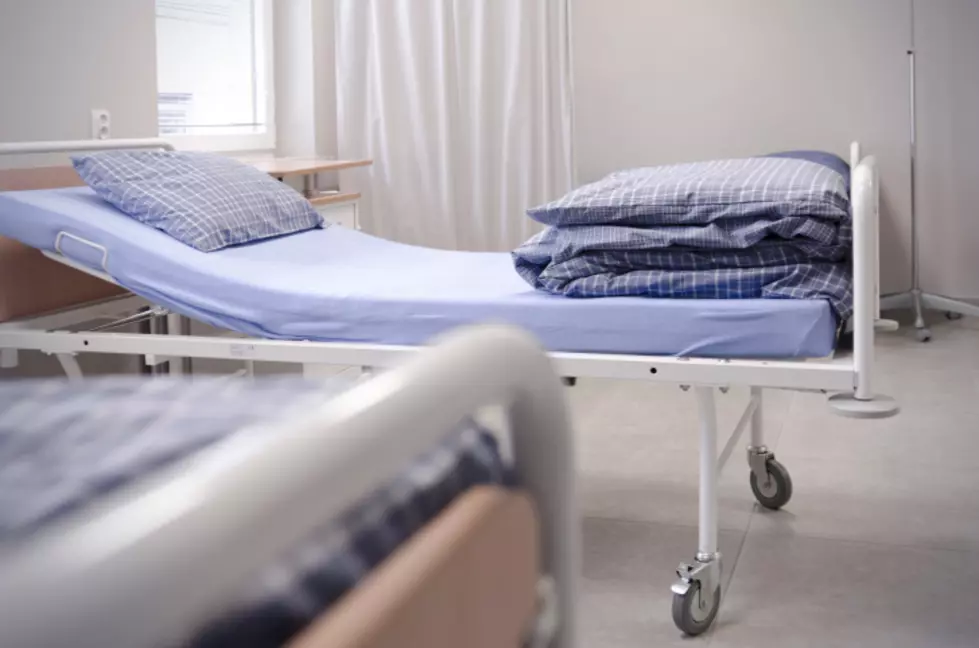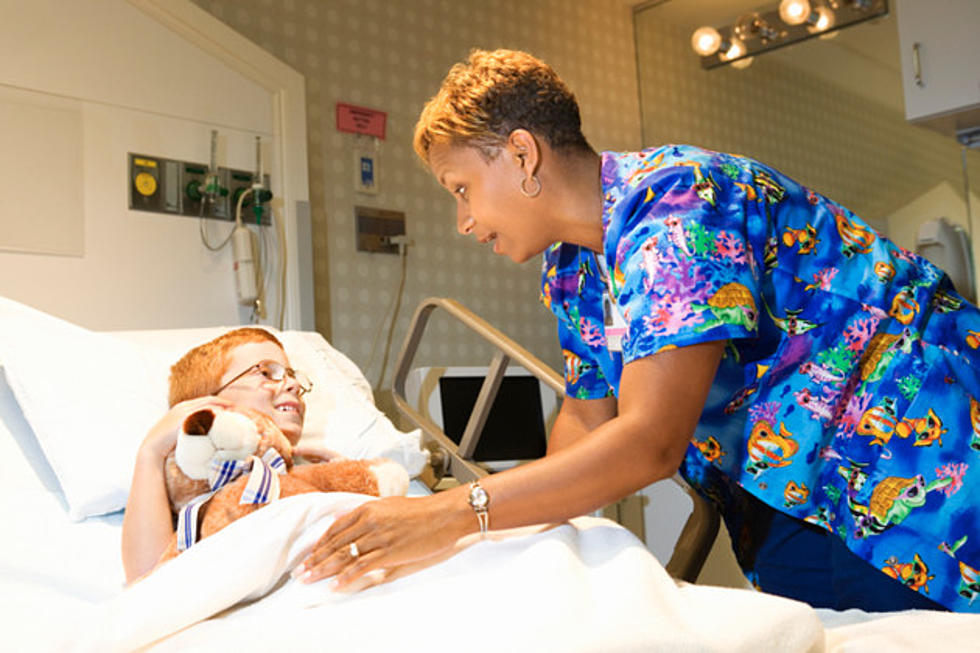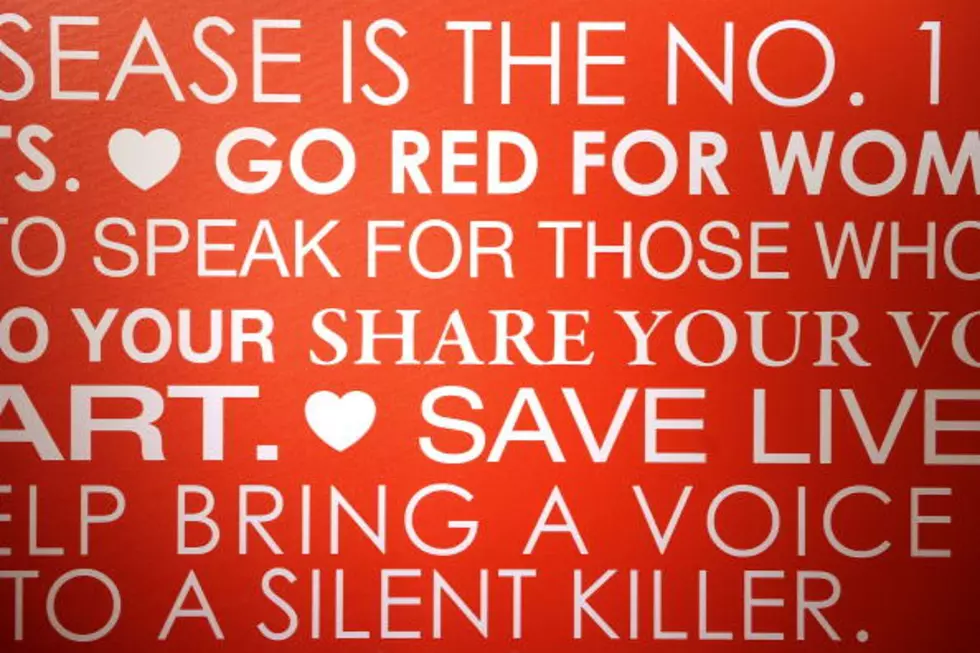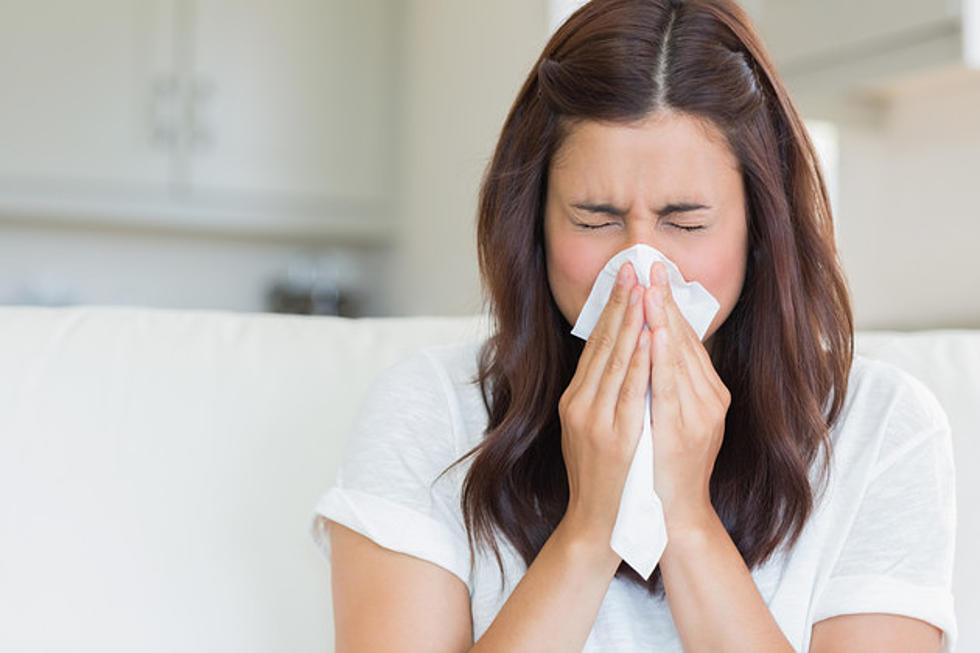![Doctor Burnout Rate Approaches 50% [AUDIO]](http://townsquare.media/site/385/files/2012/06/DoNotLick.jpg?w=980&q=75)
Doctor Burnout Rate Approaches 50% [AUDIO]
There is a 50-50 chance that your doctor is under too much pressure at work. A new survey from the Mayo Clinic finds nearly half of the nation's physicians (45.8%) suffer a symptom of burnout, based on a questionnaire completed by more than 7,000 respondents.
"Physicians save lives and alleviate suffering everyday, but they don't have the time to celebrate those victories," explains Larry Downs, CEO of the Medical Society of New Jersey. "They need to move on to the next patient in order to keep their practices open and meet the payroll needs for their employees."
Downs says there's so much downward pressure on healthcare in the United States, including administrative fees and complex documentation barriers, that physicians are forced to fit more patients into a day. In turn, doctors spend less time with each patient, making them prone to error and potentially increasing their liability.
"It is a symptom of a failed healthcare system and one that needs to be fixed so that we can deliver better patient care and avoid burnout," Downs says.
The demand for doctors will likely be turned to full blast in the years to come, as millions of Americans become newly-insured under the new health care law.
While the Medical Society supports team-based approaches to care (involving a patient with more professionals than just one doctor), Downs says, "The whole system needs to be moved to a more simple and less complex transaction if we're going to allow physicians to have the time they need to treat patients."
Meanwhile, a doctor shortage in the Garden State adds to the concerns of the medical community. Many physicians have delayed retirement due to the current status of the nation's economy, but once it improves and more doctors exit, a "significant shortage" is predicted for New Jersey.
Downs adds, "I think it's really important that the state consider making this place an attractive environment for new physicians because we will be in steep competition with other states."
This can be done, according to Downs, by improving the state's liability climate and reducing the red tape for services that do not directly contribute to patient care and safety.
More From New Jersey 101.5 FM









